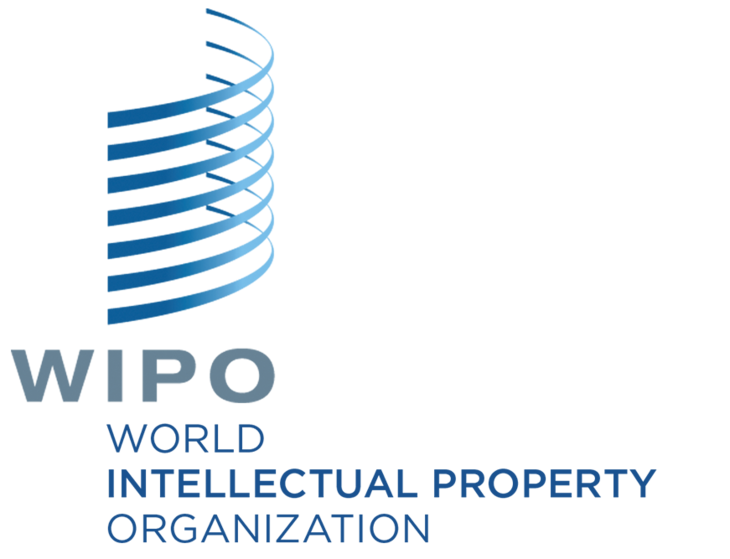
The World Intellectual Property Organization (WIPO)
The World Intellectual Property Organization (WIPO) is relevant for the realization of Farmers’ Rights for two quite different reasons. On one hand, the Patent Cooperation Treaty under WIPO enables patents related to plants to be granted simultaneously in a large number of countries, which may heavily affect any rights that farmers’ have to save, use, exchange and sell farm-saved seed of the plants affected by such patents. On the other hand, the Intergovernmental Committee on Intellectual Property and Genetic Resources, Traditional Resources and Folklore (IGC) under WIPO seeks to negotiate one or more international legal instruments to protect traditional knowledge, traditional cultural expressions and genetic resources.
The World Intellectual Property Organization (WIPO) of the United Nations (UN) was established in 1967 and the Convention establishing WIPO entered into force in 1970. WIPO became a UN specialized agency in 1974. The organization works to promote the development of measures for the protection of intellectual property rights and to harmonize national legislation in this field. WIPO is encouraging international agreements towards this end and administering many of these.
One of the most important instruments towards this end is the Patent Cooperation Treaty (PCT), which assists applicants in seeking patent protection internationally for their inventions, helps patent offices with their patent granting decisions, and facilitates public access to technical information relating to those inventions. By filing one international patent application under the PCT, applicants can simultaneously seek protection for an invention in a large number of countries.
Through the PCT, patents related to plants may be granted simultaneously in all these countries, thus heavily affecting any rights that farmers’ have to save, use, exchange and sell farm-saved seed, and this is thus another clear expression of an ownership approach to genetic resources, as compared to a stewardship approach.
Also other parts of WIPO are relevant with regard to Farmers’ Rights, most importantly the Intergovernmental Committee on Intellectual Property and Genetic Resources, Traditional Knowledge and Folklore (IGC). This committee was established in 2000 and provides an international forum for dialogue concerning the interplay between intellectual property and traditional knowledge, genetic resources, and traditional cultural expressions (folklore). IGC seeks to work complementary to related activities undertaken by other international institutions.
Since 2009, the work has evolved from a dialogue forum to a negotiation process towards an agreement on one or more international legal instruments to protect traditional knowledge, traditional cultural expressions and genetic resources. The Secretary of the Plant Treaty has been working with WIPO’s Traditional Knowledge Division to identify possible areas of interrelations between the International Treaty, in particular its Article 9 on Farmers’ Rights, and relevant instruments of WIPO.
The negotiation process was crowned with success at a diplomatic conference on genetic resources and associated traditional knowledge hosted by WIPO in Geneva 13–24 May 2024. Here a new legal instrument was adopted, the WIPO Treaty on Intellectual Property, Geneitc Resources and Associated Traditional Knowledge. According to WIPO, this is the first WIPO Treaty to address the interface between intellectual property, genetic resources and traditional knowledge and the first WIPO Treaty to include provisions specifically for Indigenous Peoples as well as local communities. The objectives of the Treaty are (a) to enhance the efficacy, transparency and quality of the patent system with regard to genetic resources and traditional knowledge associated with genetic resources, and (b) to prevent patents from being granted erroneously for inventions that are not novel or inventive with regard to genetic resources and traditional knowledge associated with genetic resources. At the centre of this new treaty is a new disclosure requirement for patent applicants whose inventions are based on genetic resources and/or associated traditional knowledge. The Treaty enters into force when 15 countries have ratified it and thus become contracting parties.